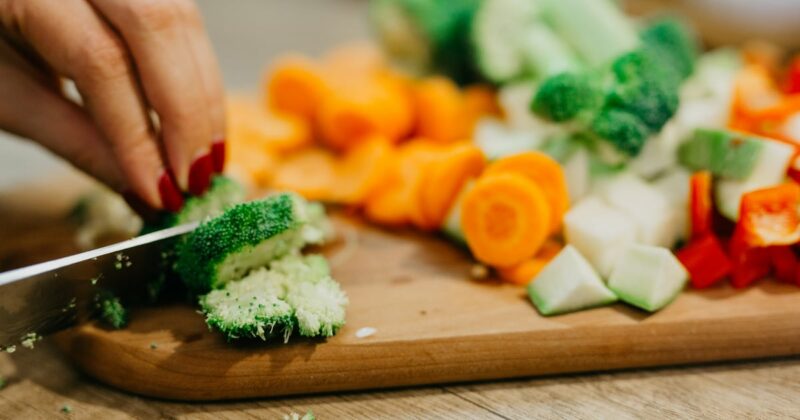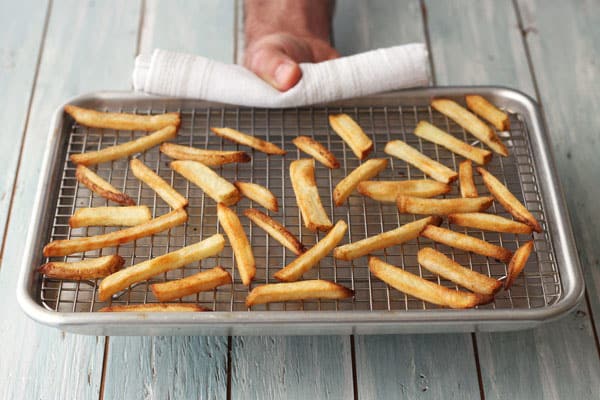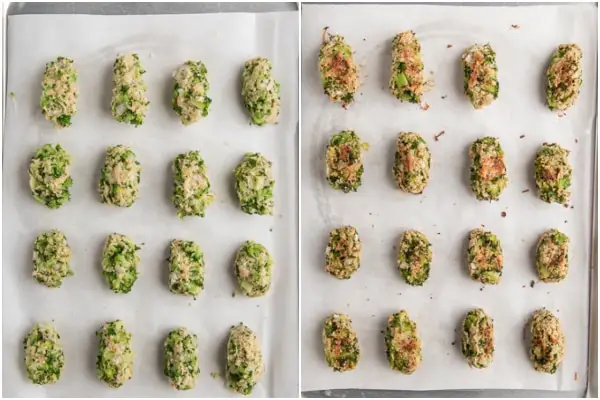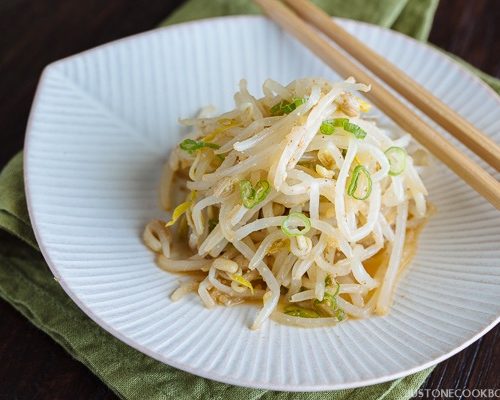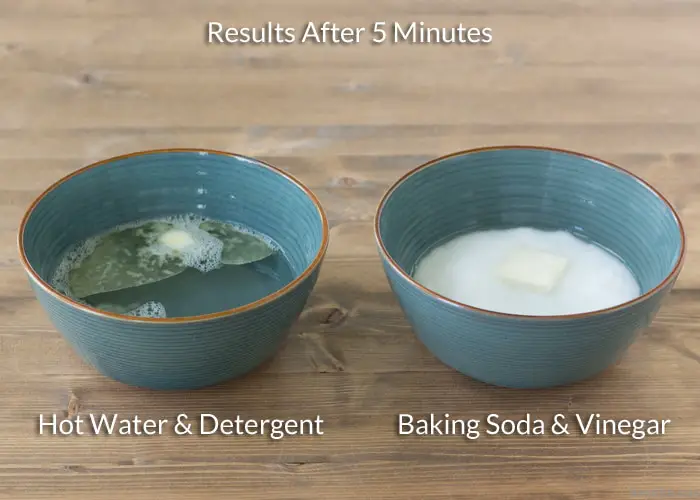When it comes to cooking and meal planning, measuring food quantities accurately is crucial for achieving the desired results. One common belief in the culinary world is that cooked vegetables weigh more than raw, but is this actually true? In this article, we will examine the scientific facts behind the weight changes of vegetables during cooking and how this can affect not only measurements but also nutritional value.
Background Information
Before we dive into the specifics of vegetable weight changes during cooking, let’s first take a look at some basic biology. All plants consist mostly of water- between 75% and 95% depending on the type- as well as other essential nutrients. When plants are growing, they absorb water through their roots and store it within their cells. This growth process can significantly increase their weight from seedling to maturity.
Cooking Methods Impact on Vegetable Weight
One common misconception about cooking vegetables is that all methods lead to an increase in weight due to added moisture or oils. In reality, certain cooking methods can actually cause vegetables to lose weight as they release moisture from within their cells.
Boiling vs. Steaming vs. Grilling
When boiling vegetables in water, they are fully submerged and exposed to high temperatures. This causes them to lose a significant amount of water through osmosis and often leads to weight loss. On the other hand, steaming keeps vegetables above the water level while still exposing them to steam heat. This results in less moisture loss and maintains more of their natural texture and flavor.
Grilling or roasting vegetables over high heat tends to evaporate some moisture externally due to surface-level dehydration of cell membranes while maintaining flavors that boiled or steamed may cook away The starting percentage level percentage of moisture within each individual vegetable varries beforehand contributes most significantly – for example zucchini ranges around %94 pre-grilling/making compared Bella mushroom which has around %92.5.
Comparison Between Different Vegetables
It’s important to note that the amount of moisture loss during cooking can vary greatly depending on the type of vegetable due to their individual water content. For example, leafy greens such as spinach and kale have high water content and will shrink significantly when cooked, while dense vegetables like potatoes or carrots may not lose as much weight as they need longer cooking times.
Analysis of Weight Change During Cooking
To understand the weight changes in vegetables during cooking more comprehensively, let’s take a closer look at how much moisture is actually lost during the process.
Examples of Common Vegetables Before and After Cooking
Here are some examples of common vegetables and how much they typically weigh before and after being cooked using different methods:
Broccoli
- Raw: 91g
- Boiled: 84g (-7g)
- Steamed: 90g (-1g)
- Grilled: 89g (-2g)
Carrots
- Raw: 122g
- Boiled: 112g (-10g)
- Steamed: 117g (-5g)
- Grilled: 107g (-15g)
Zucchini
- Raw: 196 g
- Boiled: ~176.5 g or less given dehydration (>-19.5 g) (-~9% lower volume due to significant loss in outer layer )depending on size. Thin slices may also hold better than thicker ones
- Steamed : ~189 g or less given dehydration (>-7 g) (+4% increase in volume due to swelling with steam absorption)depending on size.
As we can see from these examples, all three methods caused a slight decrease in weight for each vegetable, except steaming which provided minimal change but results grouped by boiled/steamed seemed relatively similar.. While percentage changes may appear small in the given context across all vegetables this difference could be relevant in planning meals within certain constraints, diets.
Measuring Food Quantities for Accuracy
Now that we understand how various cooking methods can impact vegetable weight, it’s also essential to ensure accurate portion measuring when preparing meals at home. Here are some tips on how to accurately weigh ingredients:
- Invest in a reliable kitchen scale: Using a kitchen scale is by far the most accurate way to measure ingredients and ensure consistent results over time.
- Weigh ingredients in their raw form: It’s essential when using recipes call for a specific amount of vegetables that you use the starting raw mass. Cooking will affect total mass so using cooked amounts could throw off recipes dramatically
- Zero out scale between ingredients: Use a quick tare function on digital scales between each ingredient rather than having to individually weigh and clean up different bowls repeatedly,
- Keep your scale clean and well maintained.
Measurement guidelines anchored in weights can help set daily nutritional parameters or adhere to dietary preferences by allowing greater accuracy when quantifying how much of each nutrient is consumed.
Nutritional Value Changes Due to Cooking Process
Cooking techniques can greatly alter both taste and texture but can also impact the nutritional value of foods eaten however what changes take place are more nuanced in practice.
Efficiencies in Nutrient Absorption Through Cooking Processes
Although some vitamins may get lost due to exposure to heat or water, cooking can also break down part of the cellular structures in vegetables making it easier for nutrients- especially non-water soluble vitamins -to be consumed by the body. This holds true especially if these vegetables are prepared by boiling (even if this reduces overall mass and therefore fiber intake too) .This is typically due to increases in bioavailability as a result of removing cellulose thereby making nutrients more available for interaction with enzymes compared to eating raw.
Differences Between Vitamins, Minerals, Fiber Due to Heating or Processing
The nutritional differences between varieties of food highlight how a given vegetable may have differing nutrition profiles alongside inherently better cooking techniques.Vitamins that tend to be lost more readily through cooking include vitamin C, when exposed directly to light or heat, and folic acid which has some sensitivity attached while vitamin B12 protein-bound forms are not modified during boiling even if other natural amounts are reduced.. Other minerals such as potassium and magnesium experiences little loss during cooking given the temperatures necessary while essential lipids/fatty tissue found naturally within seeds/nuts/deep greens often undergo documented breakdown.
By being particularly mindful of personal dietary needs it is important what particular food preparation/cooking approach would be best-served nutritionally.
Research Evidence
While there is limited scientific data to guide these choices regarding nutrient changes post-cooking, general sources suggest beyond vitamin C roughly %90 percent of all Vitamin content will remain within cooked produce after being broken down.
In the case of broccoli specifically prolonged boiling led up 52% losses in flavonoids versus lightly boiled broccoli another study suggests Therefore mild steaming remains somewhat preferred over lengthier/harsher methods while grilling offers an alternative by still showcasing interesting flavor alongside controlled caramelization.
Conclusion
Overall, whether cooked vegetables weigh more than their raw counterparts varies based on individual vegetable moisture content and cooks treatment strategies. While they may lose weight due to moisture evaporation or oil elimination, some vegetables may lose weight but their nutritional value is retained and improved upon cooking. Remember to measure portions as accurately as possible using raw vegetable amounts, experiment with cooking methods to find a preference for taste and also weigh the benefits of specific cook choices for maintaining nutrient complexity.
Q&A
Q&A on Cooked vs Raw Vegetables
1. Does cooking vegetables increase their weight?
No, cooking vegetables does not increase their weight. If anything, the water content of the vegetables may evaporate during cooking, causing the cooked vegetables to weigh slightly less than the raw ones.
2. Why do some people think that cooked vegetables weigh more?
There could be a few reasons for this misbelief. Firstly, when we cook vegetables, their texture changes and they may appear more compact or dense, leading us to believe that they weigh more. Additionally, when we cut up raw vegetables for cooking, we tend to remove tough stems and other inedible parts which can skew our perception of weight.
3. Are there any nutrients lost when cooking vegetables?
Yes, some nutrients are lost during cooking due to high heat destroying enzymes and vitamins. However, certain cooking techniques such as steaming or microwaving can help preserve nutrients more effectively.
4. Is it better to eat raw or cooked vegetables?
Both raw and cooked vegetables have their benefits- eating raw ensures you get maximum nutrient intake while cooking can make certain nutrients more bioavailable to your body. It’s best to vary your intake of both types of veggies.But remember whether you prefer them cooked or uncooked,it won’t change the actual weight of the vegetable!
